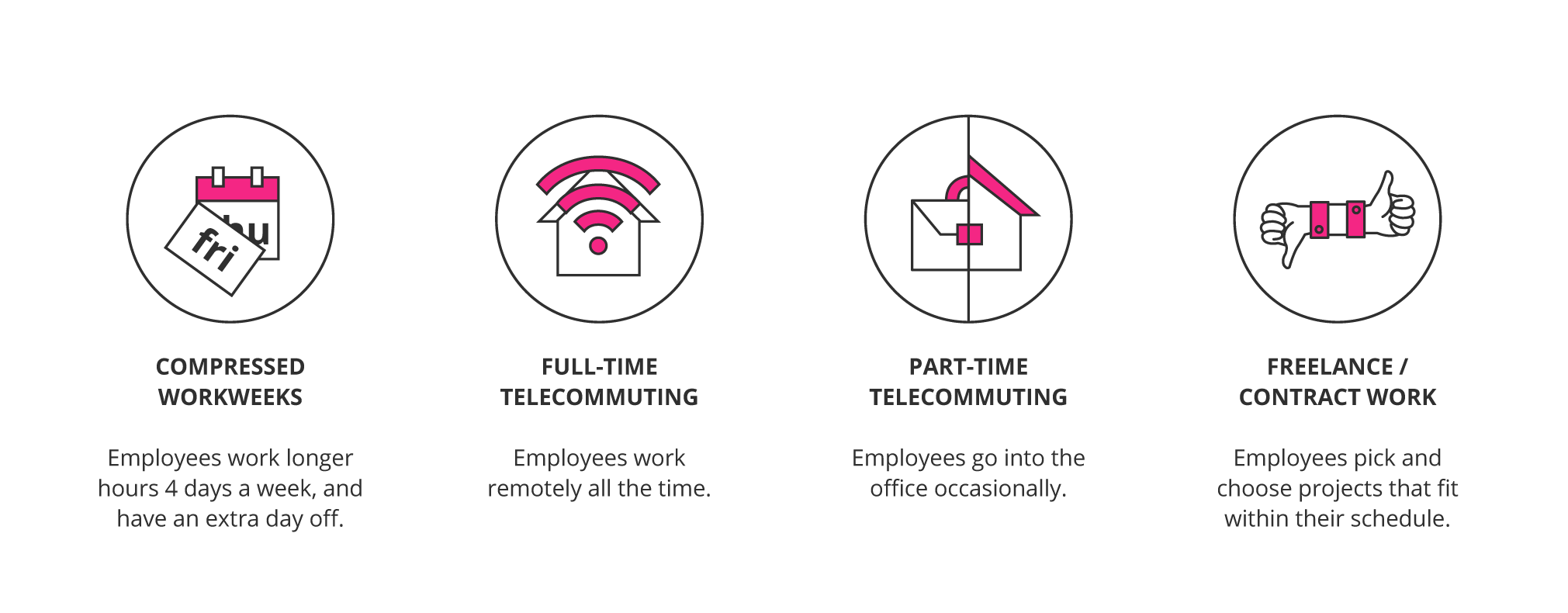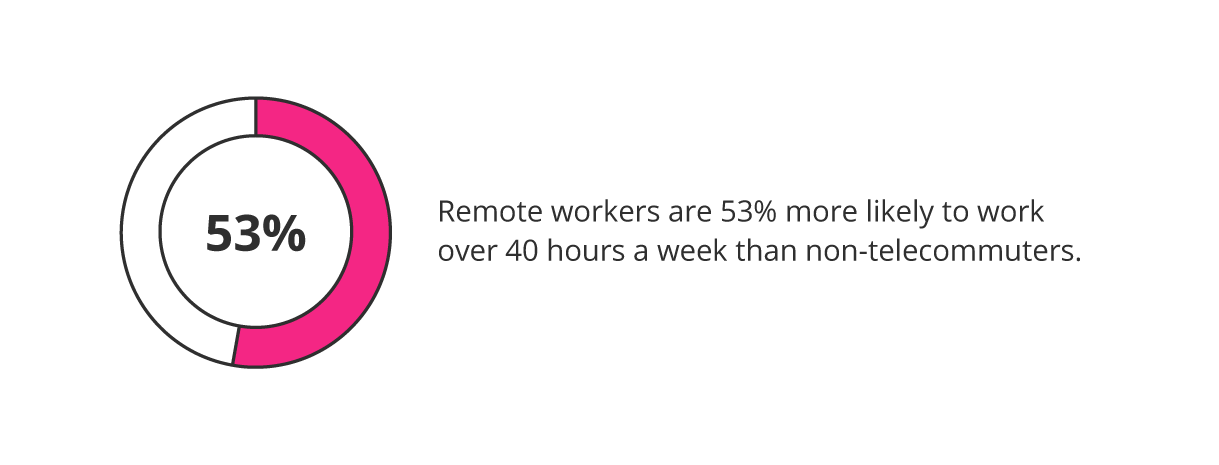What Remote Working Really Means For Your Workplace
Imagine being able to save your business $11, 000 (about R148,000) per person per year.1 Or being able to vouch for that fact that your employees feel 91% more productive and happy in their jobs.2 Remote working makes these numbers possible.
The biggest companies in the world have started to revamp their workspace to accommodate for the majority of their workforce being mobile.3 Business leaders state that more than half of their company’s full-time workforce will be working remotely by 2020.4 Remote working is disrupting the traditional workspace in all the right ways. And you have the younger, tech-savvy generation to thank for it.
Is your organisation keeping up with the work-from-home trend?
As Millennials (Generation Y), move into management positions in their jobs, they’re shaping the future of work to fit the needs of employees.
The outcome of this, is that the workplace is being redefined in terms of work hours, work location, and workplace culture. Flexibility, employee happiness, and work-life balance are being prioritised as a way to increase employee productivity and engagement in the workspace.
According to Adam Kingle, Director of Learning Solutions at the London Business School, flexible work options are “a criterion that people are expressly looking for before they’ll sign on the dotted line, it’s not a perk or reward.”
Smart companies will quickly realise that they need to implement flexible work options in order to attract, engage, and retain top talent in the years to come.

How does your company benefit from remote working?
In a study conducted by FlexJobs, of 1,500 workers, 54% reported that home, not the office, is their location of choice to undertake important job-related assignments. Only 19% said they would go to the office during regular working hours to get important work done.5
This doesn’t, however, mean that you should have an empty office, while your entire team works from the comfort of their lounges. Flexible work can take on many shapes and forms including, but not limited to:
- Full-time telecommuting – employees work remotely all the time
- Part-time telecommuting – employees go into the office occasionally
- Compressed workweeks – employees work longer hours 4 days a week and have an extra day off
- Freelance/Contract work – employees pick and choose projects that fit within their schedule

Some companies employ a 50-50 split between working from home and working at the office. This allows employees to still have the opportunity to collaborate and engage with coworkers and their team face-to-face, while being allowed to work independently from home or coffee shops in order to get “focus time”.
The benefits for your organisation of allowing your team some time away from the office?
Reduced company costs
A decrease in overhead is a huge cost-saving opportunity of allowing remote working. Costs such as mortgage, utilities, cleaning services, office supplies, water and office equipment will be significantly less. On top of that, studies reveal that employees would be willing to take a pay cut, forgo health benefits, and even work longer hours, if they were given the opportunity to work from home.6
Higher retention rates
Employees who are allowed to work from home, are happier, less stressed and achieve better work-life balance. But most importantly, they’re easier to retain. Studies reveal that 76% of telecommuters are more loyal to their company after becoming remote workers.7 On the flipside of that, 39% have turned down a promotion, have not taken or have quit a job because of a lack of flexible work options.8
Increased organisational productivity
It’s important to note that working from home won’t always benefit productivity, as remote working is not catered for certain industries. However, for those industries that it does apply to, research brings good news: remote workers are 53% more likely to work over 40 hours a week than non-telecommuters.9 This is because the office environment – which includes being interrupted by coworkers, meetings, office politics and general noise – has the ability to sap productivity and hinder them from doing their jobs properly.
 So, even though you may not be able to fully implement remote working into your workspace, by offering flexible work options and allowing your employees to work from home for a percentage of the work-week, means that you can attract top-tier talent globally, boost your bottom line, and build a loyal, engaged team.
So, even though you may not be able to fully implement remote working into your workspace, by offering flexible work options and allowing your employees to work from home for a percentage of the work-week, means that you can attract top-tier talent globally, boost your bottom line, and build a loyal, engaged team.
In a few short years, the work-from-home trend will be the ruler of the workspace, rather than an exception to the norm.
Want to ensure your organisation doesn’t get left behind?
Read through this collection of research-backed workplace trends.
1 Huffington Post
2 TINYpulse
3 Global Workplace Analytics
4 Fastcompany
5 Entrepreneur
6 Entrepreneur
7 Staples
8 Entrepreneur
9 Entrepreneur